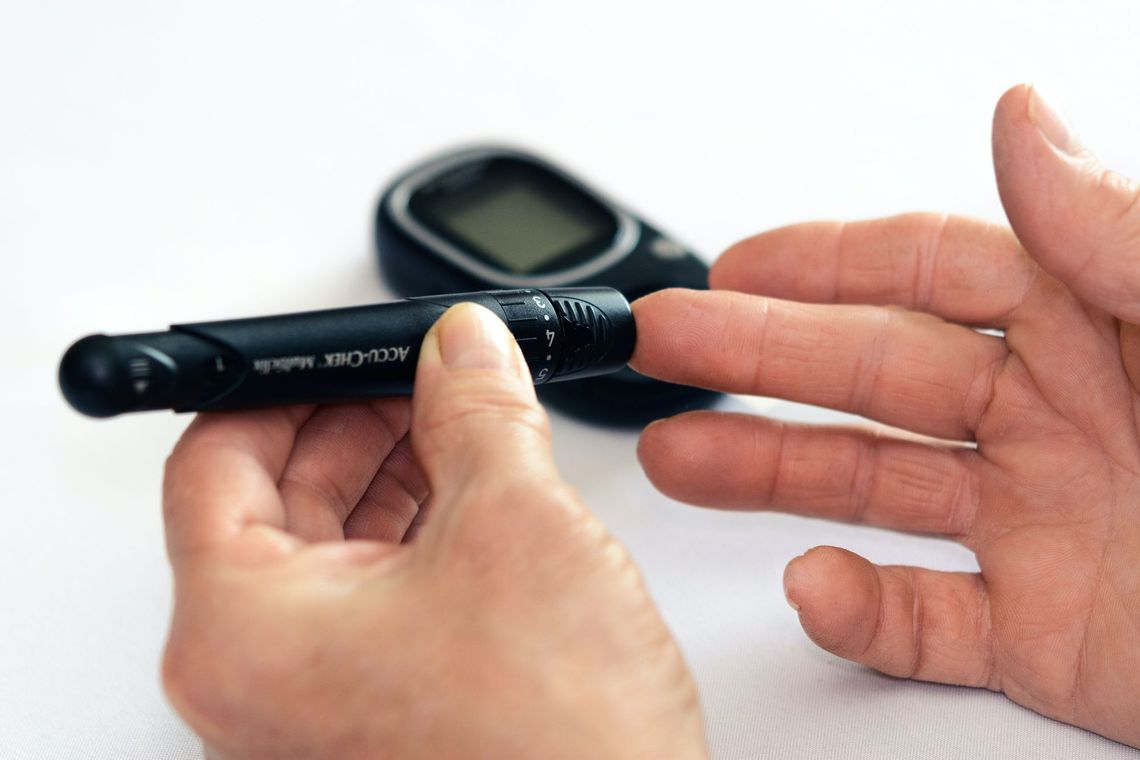Diabetes is a group of diseases characterized by high blood glucose levels due to insufficient insulin production by the pancreas or the body's inability to use insulin. Insulin is the hormone in charge of controlling blood glucose (sugar) levels. When there is a deviation from normal secretion and usage at this cell level, controlling blood glucose becomes difficult, resulting in a spike in blood glucose levels.
Diabetes affects over 450 million people worldwide and is linked to other diseases, such as sexual and urological problems in both men and women. Diabetes increases the risk of cardiovascular disease, which has serious health consequences. It can also cause issues with your eyes, kidneys, and skin, among other things. In men, diabetes can cause erectile dysfunction (ED) and other urological problems.
Diabetes and Sexual Issues
Diabetes affects both gender sexuality by causing nerve and small blood vessel damage. A decrease in libido, or a decrease or loss of sex drive, is a common sexual health issue in people with Type 2 diabetes. It can be frustrating if a person has a thriving libido and a satisfying sex life before being diagnosed with Type 2 diabetes, which can also lead to other diseases.
The following are some of the causes of low libido associated with Type 2 Diabetes:
● Medication side effects for high blood pressure or depression
● Insufficient energy
● Depression
● Changes in hormones
● Relationship problems, stress, and anxiety
● Reduced blood flow
Diabetes and Urological Problems
Urological problems are urinary tract issues traced back to diabetes's effect on nerve damage in the digestive tract. Diabetes-related urologic problems in men and women include bladder problems and urinary tract infections.
● Problems With The Bladder
Diabetes, as well as other diseases, injuries, and infections, can all damage the nerves that control bladder function. Bladder dysfunction can have a significant impact on one's quality of life. The following are examples of common bladder problems in diabetic men and women:
● The Bladder Is Overactive
Damaged nerves may send signals to the bladder at the wrong time, causing its muscles to contract unexpectedly. Overactive bladder symptoms include frequent, urgent urination and urinary incontinence.
● Sphincter Muscle Control Is Poor
Sphincter muscles surround the urethra (a tube that aids in the passage of urine) and keep it closed to keep urine in the bladder. If the nerves that control the sphincter muscles are damaged, the muscles may become loose and leak or remain tight when a person tries to release urine.
● Urine retention.
Some people have nerve damage that prevents their bladder muscles from receiving the message that it is time to urinate or causes the muscles to become too weak to empty the bladder. Urine retention can cause kidney damage, incontinence, and kidney and bladder infection.
Infections of the Urinary Tract
Infections can occur when bacteria from the digestive tract enter the urinary tract. Urinary tract infections can cause a variety of symptoms.
● Urge to urinate frequently
● You may experience pain or burn in your bladder or urethra during urination.
● Urine that is cloudy or reddish
● Pressure above the pubic bone in women
● A feeling of fullness in the rectum in men
Who is at risk of developing diabetes-related sexual and urologic problems?
Risk factors are conditions that increase the likelihood of contracting a specific disease. People are more likely to develop a disease or condition if they have multiple risk factors. Diabetes neuropathy and related sexual and urologic issues appear more common in people with poor blood glucose control.
● Have high blood cholesterol levels
● Have you got high blood pressure?
● Are you overweight, Are over 40, Smoke
● Are not physically active
What are the preventive measures?
Some preventive measures to consider are listed below.
● Control blood glucose levels
● Cholesterol levels Blood pressure
● Regular physical exercise
● Stop smoking
● Keep a healthy weight
Not Medical Advice! Seek Professional Help!

